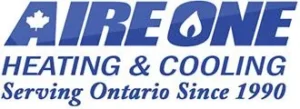3 Quick Tips to Save Money on Heating This Winter

Winter has officially arrived in Mississauga, and with it comes the frosty chill that makes us all want to stay indoors. As temperatures drop, keeping your home warm becomes a priority—but it doesn’t have to come with a hefty price tag. If you’re looking to save some cash while staying cozy this winter, here are […]
How HVAC Efficiency is Affected by Insulation

Ever think about how your insulation affects your HVAC system? Many homeowners in Mississauga don’t realize how important insulation is in keeping their HVAC systems running efficiently. If you want to save money on energy bills and stay comfy in your home, it’s worth learning how these two systems work together. Let’s break it down […]
Smart Thermostats: Your HVAC Personal Assistant
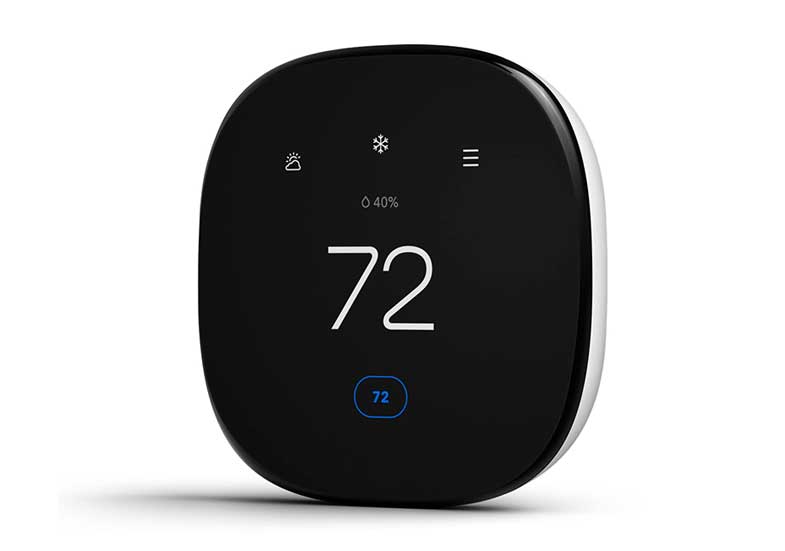
A smart thermostat is more than just a programmable or Wi-Fi thermostat. It’s like having a personal assistant for your home’s comfort and energy savings. Let’s break down what a smart thermostat can do and see if it’s the right choice for you. 1. Save Energy and Lower Costs Smart thermostats help your heating and […]
Breathing Easy: Practical Tips for Improving Indoor Air Quality at Home and Work

The Importance of Air Quality at Home and WorkIn the chaos of daily living, we tend to forget about the quality of the air we breathe in our homes and workplaces. Aire One Peel Heating & Cooling shares five helpful tips to help to make the air around you as clean and healthy as it […]
Innovations in Water Heater Technology: What’s New in the Market?
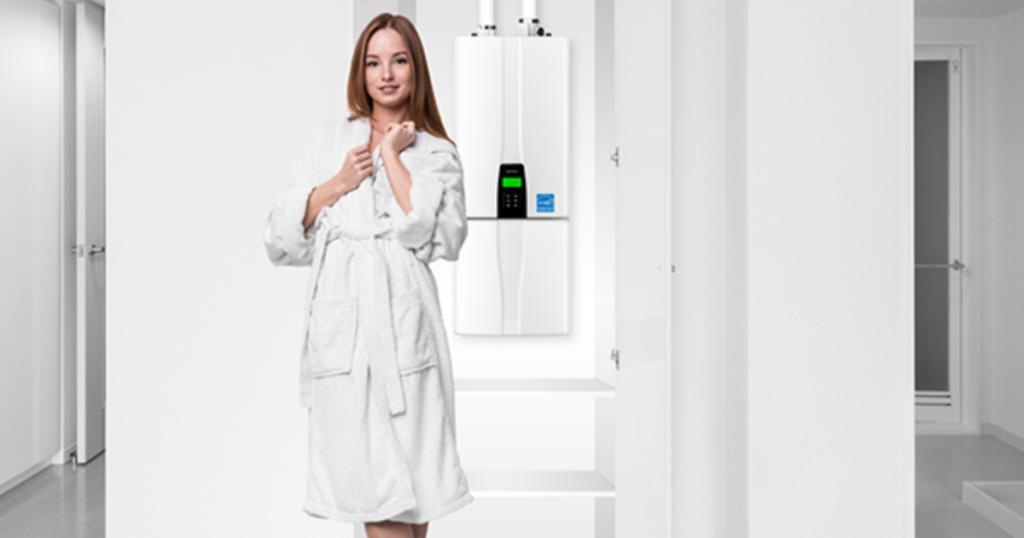
Are you ready for the latest in-home slogan in technology? One that has changed greatly is water heater technology. At Aire One Peel Heating & Cooling, we’re dedicated to providing you with the best and most advanced solutions to your home. Such as the in-blog dive into the current innovative developments gracing the water heater […]
Heat Pumps vs. Traditional HVAC Systems: Making the Right Choice

Deciding between a heat pump or a conventional HVAC system is critical to in-home comfort. Choosing between the two plans can be a challenge: each offers benefits and drawbacks, but to make the right decision the differences need to be understood. Regular HVAC vs. heat pumps : Let’s dig into the details to help you […]
Comparing Gas and Electric Water Heaters: Which Is Better for Your Home?
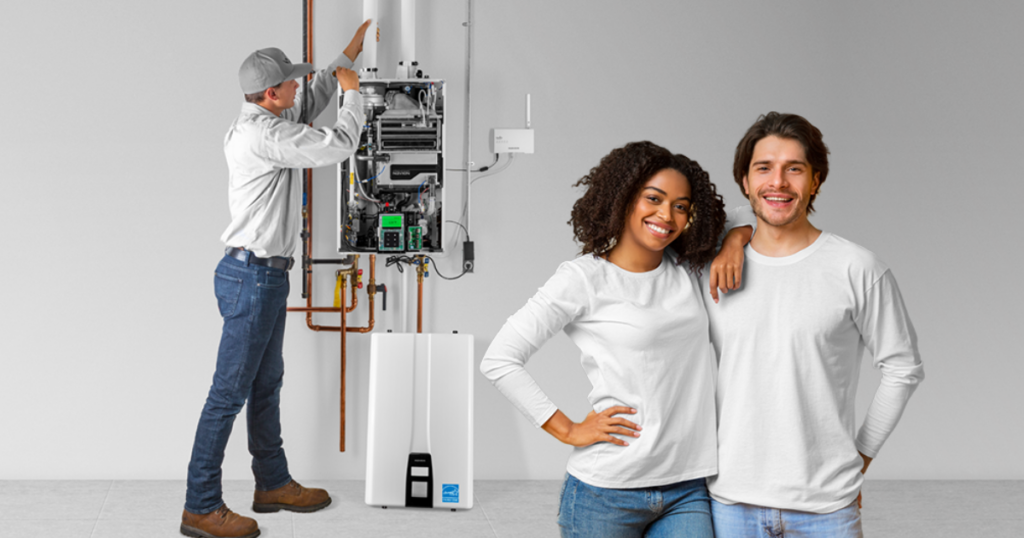
Deciding between a gas and an electric water heater can be a pivotal when you choose the one for your home. While each has benefits and downsides, the importance of assessing both the pros and cons is crucial when it comes to making a decision. This blog will explore several factors to compare between gas […]
Why You Should Only Hire HVAC Companies That Are Licensed and Insured
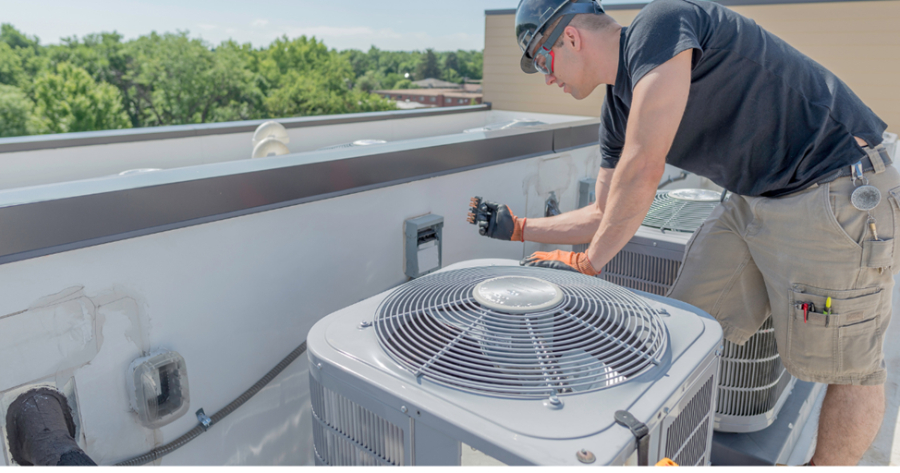
In hiring for your heating, ventilation and air conditioning needs, professionalism and accountability should be your core tenants. A good way to be sure you’re making a good decision is to hire licensed and insured HVAC companies like Aire One Peel. In this blog, we will explore the significance of having these credentials in an […]
How Upgrading Your HVAC System Can Save Your Money
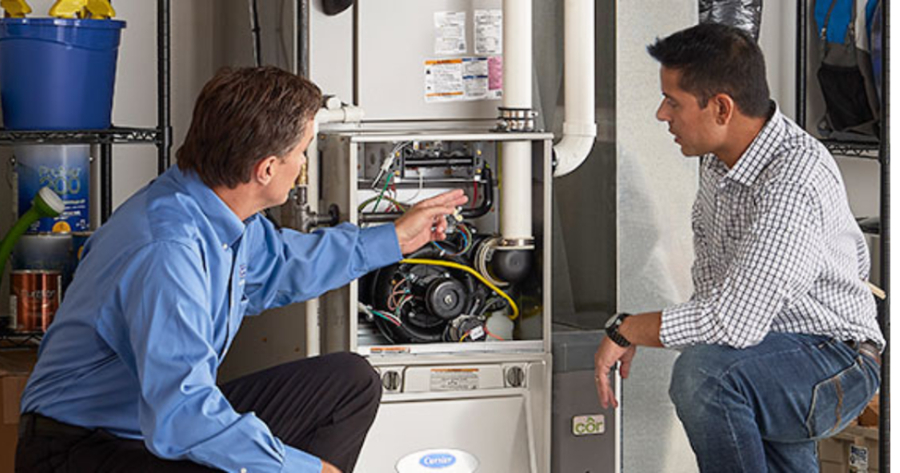
Introduction: Your HVAC (Heating, Ventilation, and Air Conditioning) system is vital for ensuring a comfortable living space in your home all year round But the fact is upgrading your HVAC system can save you money in the long term. In this post, we’ll delve into the many financial benefits of investing in a modern HVAC […]
Top Qualities to Look for in an HVAC Service
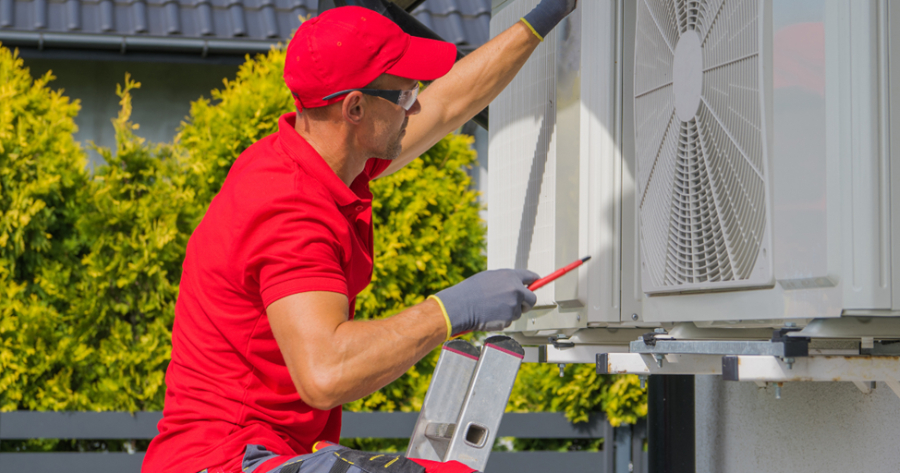
Choosing the right HVAC service company to install or replace your air conditioning system The service you receive can affect your comfort, energy efficiency inside your Albany, New York home — even the lifespan of your HVAC equipment! In this post, we walkthrough the top qualities of a good HVAC service and how Aire One […]
